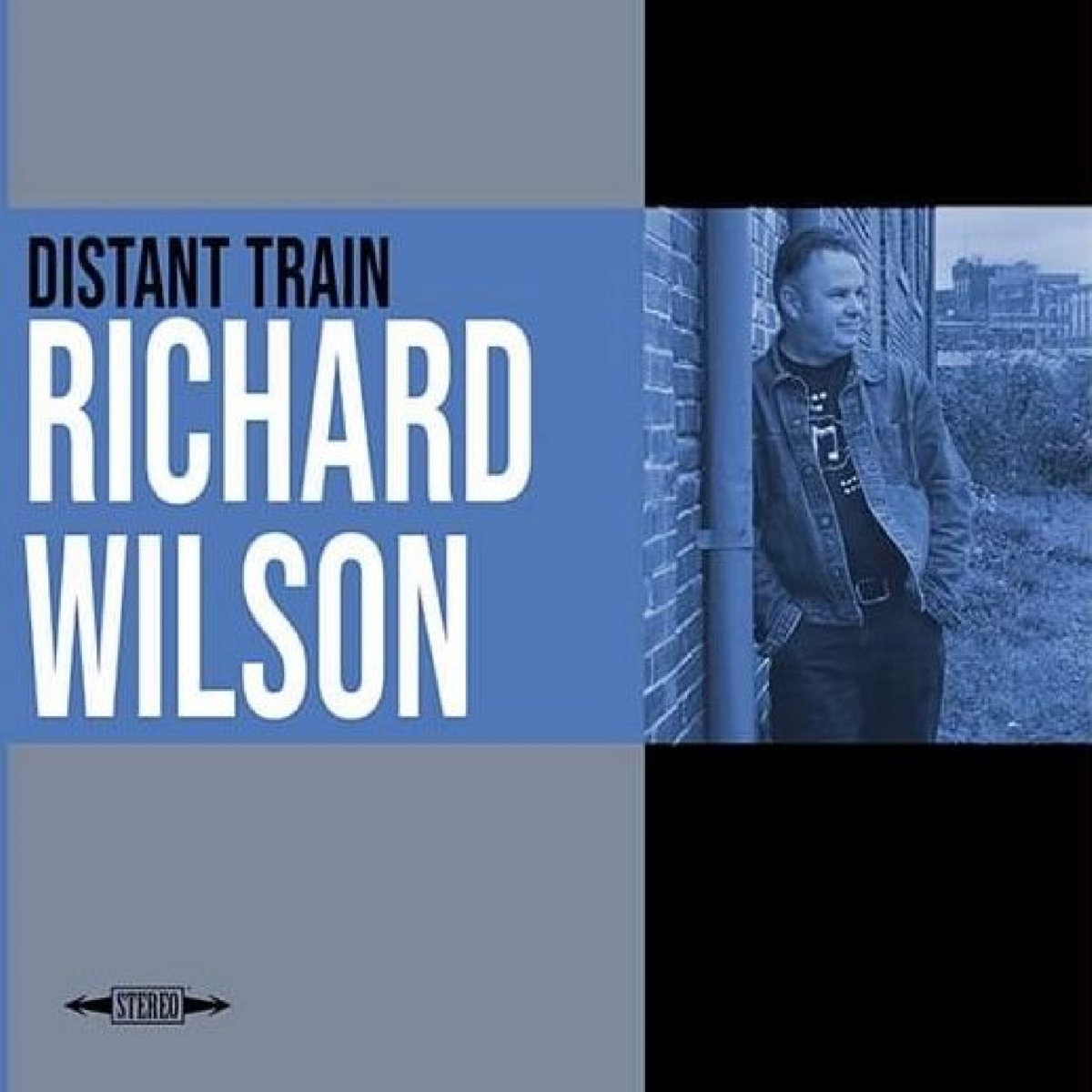Though the Memphis Flyer often covers the venerable Royal Studios‘ musical ventures, that’s typically in the context of stone legends — the likes of Al Green, Ann Peebles, Hi Rhythm and the like. What’s less often mentioned is Royal’s availability to the working musician today. Hi Rhythm, Boo Mitchell, and microphone #9 are right there, waiting to be booked.
One such workaday musician who made sparks fly at Royal back in 2020 is Michael “Spaceman” Graber. This year’s noteworthy entry is Richard Wilson, who’s jazz-inflected tunes for voice and guitar have graced Memphis for many years now, often cut at Scott Bomar’s former Electraphonic Recording location. This time around, with Distant Train, he’s upped the ante considerably, in terms of his ensemble. For when recording at Royal, why not seize the opportunity to include Boo Mitchell and Rev. Charles Hodges in your band?
Throw in Justin Walker on drums and that’s exactly what we have here. And the end result is such a warm, unpretentious vibe that the album could well grace many a holiday get-together this year. For, while these are not holiday songs in the least, and the album was in fact released this summer, the overall mellow-yet-swinging mood befits the chilly season exceptionally well.
Wilson’s lightly swinging jazz rhythm guitar sets the pace for each tune, with Hodges’ trademark creamy Hammond B-3 chords voiced perfectly around it. Even before the drums and Mitchell’s occasional electric piano chime in, a graceful harmonic blend is happening, on top of which Wilson weaves his low key lyrics and melodies.
Wilson, who originally hailed from England before relocating to Memphis, hits a sweet spot in the British blue-eyed soul tradition that stretches from Georgie Fame to Kevin Rowland to Simple Minds’ Jim Kerr. The singer himself invokes Bobby Darin. Whatever the influences, Wilson’s delivering his songs quietly, but earnestly and tunefully.
One standout is the folk/blues/jazz call to arms, “Say What is Right Blues.” Intoning “ooooh” like a half-remembered fever dream of Howlin’ Wolf, Wilson laments the state of the world:
Ooh — I’m not crying
Ooh — I ain’t lying
On and on and on and on it goes
Ooh — these thoughts ain’t dying
You gotta stand up and say what is right
Theres no more time
To stay down
The groove is raw and deliberate; the interplay of rhythm, keyboards and guitar is subtle and atmospheric. Despite the stellar players, this is not a soloist’s album, but rather a songwriter’s album. In treading the jazzier side of that genre, it avoids many of the cliches of Americana-style singer/songwriters; instead, it brings a kind of approachable, soulful jazz into play. And, when the home fires are burning, that’s a very welcome sound indeed.
